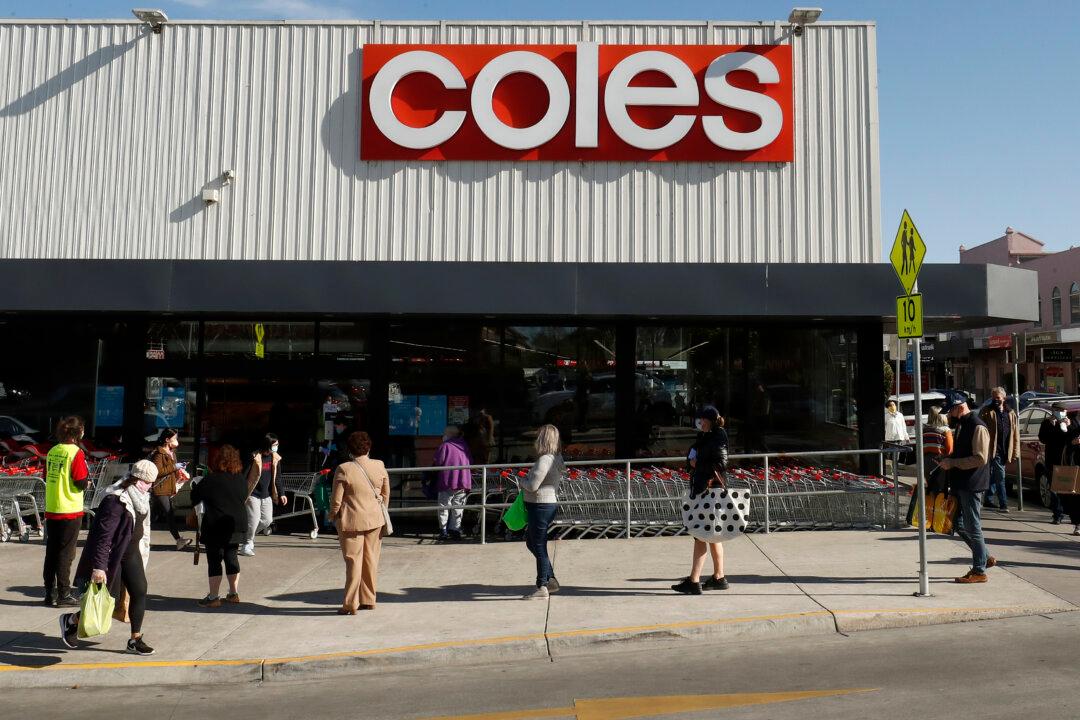The push to break up the supermarket duopoly could end up forcing customers to pay more and give “extreme power” to the government, a peak business body has warned.
It comes after the left-wing Greens proposed a divestiture power bill that would allow the Australian consumer watchdog, and the courts, to make Coles and Woolworths sell their assets if they are found to be uncompetitive.




